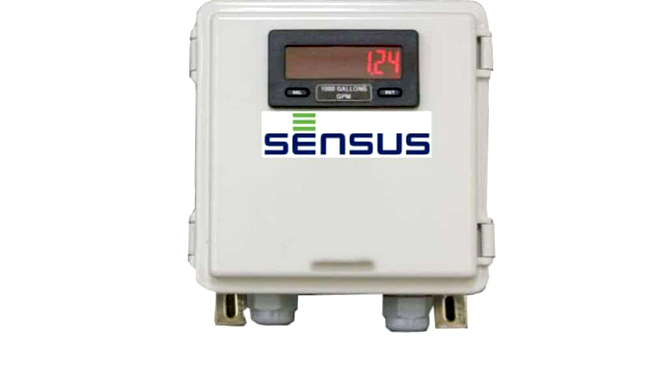
BY BRADEN CARTWRIGHT
Daily Post Staff Writer
Palo Alto City Council approved an $18.9 milllion contract tonight (Oct. 18) to install “smart” meters on homes that would track people’s energy and water use.
The new meters have a transmitter that sends hourly data to five towers around the city, and then to a central billing database.
Customers could go online to check their water, gas and electricity use by the hour, which will be helpful when the city switches to rates that vary depending on the time of day, planned for 2025.
The data would help residents spot water leaks and know which devices are using a lot of electricity. They could bake, do laundry and charge their cars when demand is lower, project manager Shiva Swaminathan said.
The data will be available within one or two days, or instantly if customers shell out about $150 for an at-home gadget, Swaminathan said.
The city is planning to replace about 30,000 meters starting in mid-2023 and ending in late 2024.
The new meters will fit in the same space that existing meters occupy. Installation of each new electric meter is expected to take about 15 minutes, and a brief outage to the customer is possible. Upgrades to water and gas meters won’t interrupt service, the city said.
Residents can opt out of getting a new meter, if they pay both an up-front and a monthly fee. The fee amount hasn’t been determined. Swaminathan said.
The $18.9 million contract is for two companies: Sensus USA for the meters and installation, and E Source for project management.
The city originally considered new meters in 2012, but an economic analysis found the project would cost the city. Another analysis in 2018 found the project could break even.
“If you look around the country, we’re definitely not leading on this,” Mayor Tom DuBois said. “It’s no longer really a novel thing”
Over 18 years, the project would cost $43 million and save the same Swaminathan said. Seven human meter readers would be phased out of work, and two data analysts and a program manager would be hired instead.
The contract was originally on the council’s Oct. 4 consent calendar, which is a list of items that are approved on a single vote without discussion. But council members voted to discuss the contract, citing its high cost.
No members of the public commented tonight, and only Councilman Greg Tanaka voted against the contract. He said he was concerned that the city wouldn’t be saving any money despite getting rid of meter readers.
“It seems a bit outrageous to me,” he said.
Swaminathan said the new employees would be paid more than the meter readers.
City Manager Ed Shikada said the utilities department would look at making operations more efficient, and the council will decide each year how many employees to have.
Counciwoman Lydia Kou asked Swaminathan to ease her concerns about hacking the data. The meters wouldn’t keep any personal information, only meter numbers and consumption, and the numbers would be encrypted and stored securely, meeting national industry standards, he said.
